Filter by
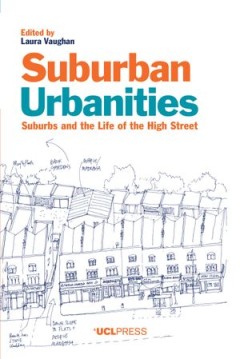
Suburban Urbanities
Suburban space has traditionally been understood as a formless remnant of physical city expansion, without a dynamic or logic of its own. Suburban Urbanities challenges this view by defining the suburb as a temporally evolving feature of urban growth. Anchored in the architectural research discipline of space syntax, this book offers a comprehensive understanding of urban change, touching on th…
- Edition
- -
- ISBN/ISSN
- 9781910634172
- Collation
- -
- Series Title
- -
- Call Number
- -
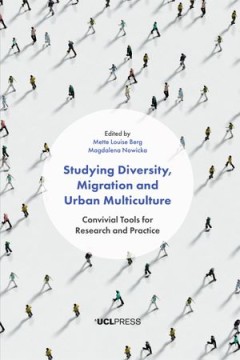
Studying Diversity, Migration and Urban Multiculture
Anti-migrant populism is on the rise across Europe, and diversity and multiculturalism are increasingly presented as threats to social cohesion. Yet diversity is also a mundane social reality in urban neighbourhoods. With this in mind, Studying Diversity, Migration and Urban Multiculture explores how we can live together with and in difference. What is needed for conviviality to emerge and what…
- Edition
- -
- ISBN/ISSN
- 9781787354784
- Collation
- -
- Series Title
- -
- Call Number
- -
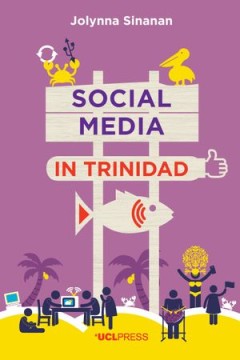
Social Media in Trinidad
Drawing on 15 months of ethnographic research in one of the most under-developed regions in the Caribbean island of Trinidad, this book describes the uses and consequences of social media for its residents. Jolynna Sinanan argues that this semi-urban town is a place in-between: somewhere city dwellers look down on and villagers look up to. The complex identity of the town is expressed through u…
- Edition
- -
- ISBN/ISSN
- 9781787350939
- Collation
- -
- Series Title
- -
- Call Number
- -
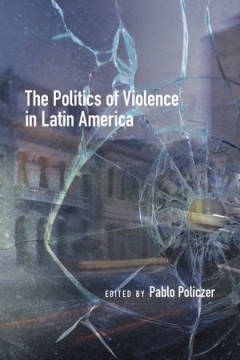
The Politics of Violence in Latin America
Latin America is one of the most violent regions in the world. It has suffered waves of repressive authoritarian rule, organized armed insurgency and civil war, violent protest, and ballooning rates of criminal violence. But is violence hard-wired into Latin America? This is a critical reassessment of the ways in which violence in Latin America is addressed and understood. Previous approaches h…
- Edition
- -
- ISBN/ISSN
- 9781552389072
- Collation
- -
- Series Title
- -
- Call Number
- -
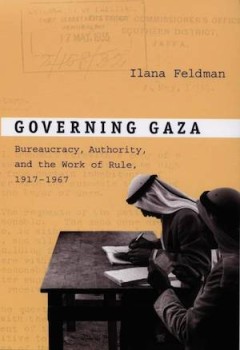
Governing Gaza : Bureaucracy, Authority, and the Work of Rule, 1917–1967
Marred by political tumult and violent conflict since the early twentieth century, Gaza has been subject to a multiplicity of rulers. Still not part of a sovereign state, it would seem too exceptional to be a revealing site for a study of government. Ilana Feldman proves otherwise. She demonstrates that a focus on the Gaza Strip uncovers a great deal about how government actually works, not onl…
- Edition
- -
- ISBN/ISSN
- 9781478091394
- Collation
- -
- Series Title
- -
- Call Number
- 320 FEL g
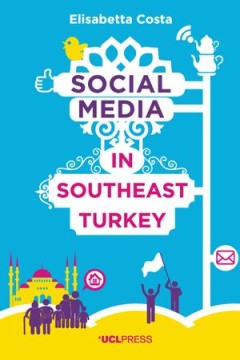
Social Media in Southeast Turkey
This book presents an ethnographic study of social media in Mardin, a medium-sized town located in the Kurdish region of Turkey. The town is inhabited mainly by Sunni Muslim Arabs and Kurds, and has been transformed in recent years by urbanisation, neoliberalism and political events. Elisabetta Costa uses her 15 months of ethnographic research to explain why public-facing social media is more c…
- Edition
- -
- ISBN/ISSN
- 9781910634547
- Collation
- -
- Series Title
- -
- Call Number
- -

In Defense of La Raza The Los Angeles Mexican Consulate and the Mexican Comm…
Mexican communities in the United States faced more than unemployment during the Great Depression. Discrimination against Mexican nationals and similar prejudices against Mexican Americans led the communities to seek help from Mexican consulates, which in most cases rose to their defense. Los Angeles’s consulate was confronted with the country’s largest concentration of Mexican Americans, f…
- Edition
- -
- ISBN/ISSN
- -
- Collation
- -
- Series Title
- -
- Call Number
- -
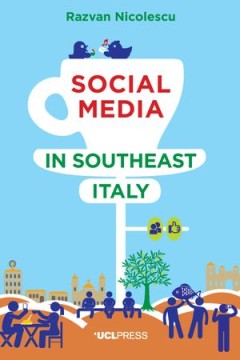
Social Media in Southeast Italy
Why is social media in southeast Italy so predictable when it is used by such a range of different people? This book describes the impact of social media on the population of a town in the southern region of Puglia, Italy. Razvan Nicolescu spent 15 months living among the town’s residents, exploring what it means to be an individual on social media. Why do people from this region conform on p…
- Edition
- -
- ISBN/ISSN
- 9781910634745
- Collation
- -
- Series Title
- -
- Call Number
- -
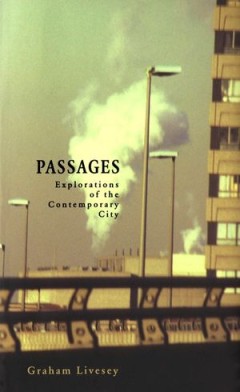
Passages Explorations of the Contemporary City
Informed by the work of writers such as Henri Lefebvre, Paul Ricoeur and Michel de Certeau, this collection of essays examines through multiple lenses eight topics related to the contemporary urban domain. The author employs powerful geographic and literary concepts such as space, narrative, and metaphor to interpret the often-bewildering complexity of the post-modern city. Recalling key aspect…
- Edition
- -
- ISBN/ISSN
- 9781552386750
- Collation
- -
- Series Title
- -
- Call Number
- -
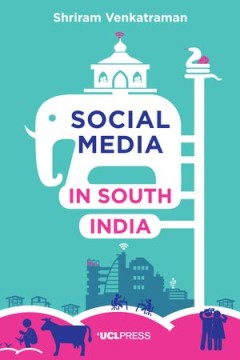
Social Media in South India
One of the first ethnographic studies to explore use of social media in the everyday lives of people in Tamil Nadu, Social Media in South India provides an understanding of this subject in a region experiencing rapid transformation. The influx of IT companies over the past decade into what was once a space dominated by agriculture has resulted in a complex juxtaposition between an evolving know…
- Edition
- -
- ISBN/ISSN
- 9781911307969
- Collation
- -
- Series Title
- -
- Call Number
- -
 Computer Science, Information & General Works
Computer Science, Information & General Works  Philosophy & Psychology
Philosophy & Psychology  Religion
Religion  Social Sciences
Social Sciences  Language
Language  Pure Science
Pure Science  Applied Sciences
Applied Sciences  Art & Recreation
Art & Recreation  Literature
Literature  History & Geography
History & Geography